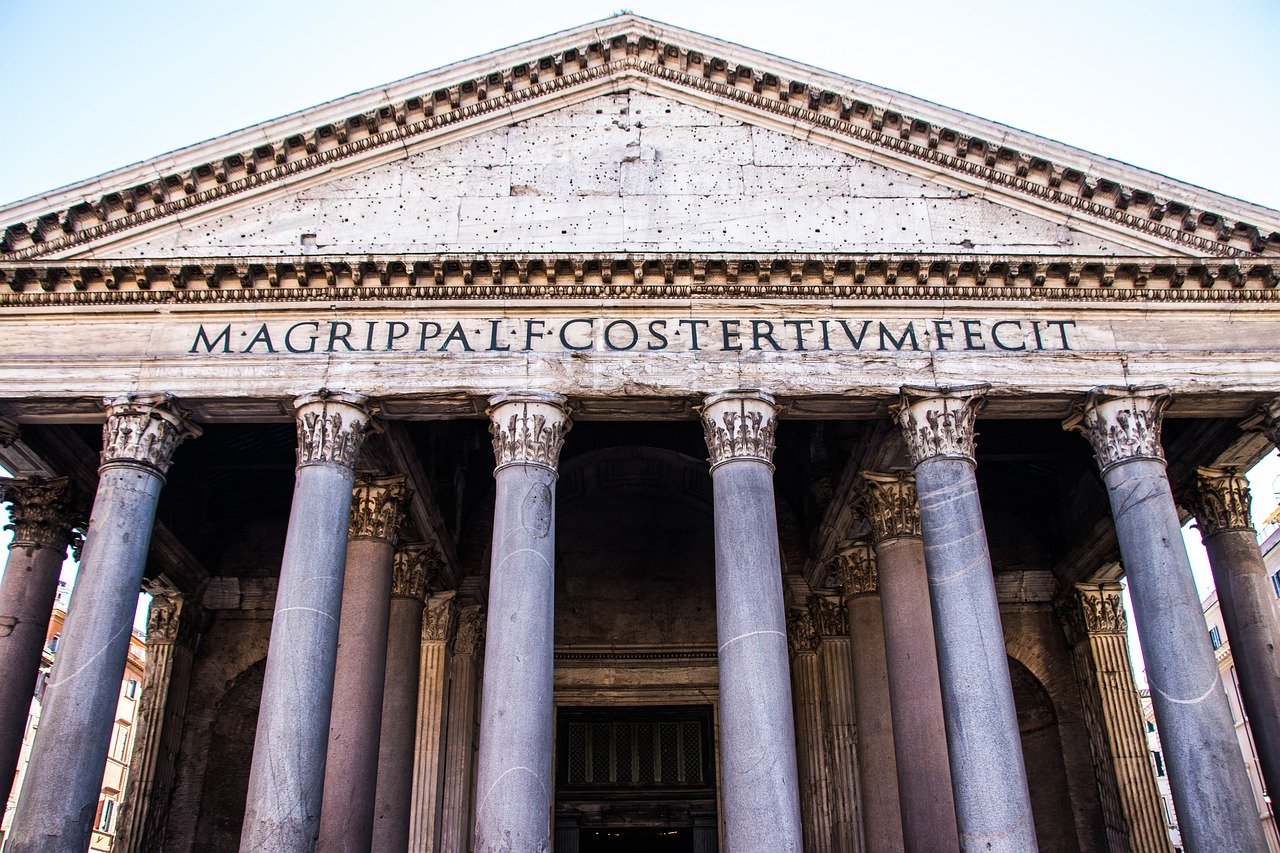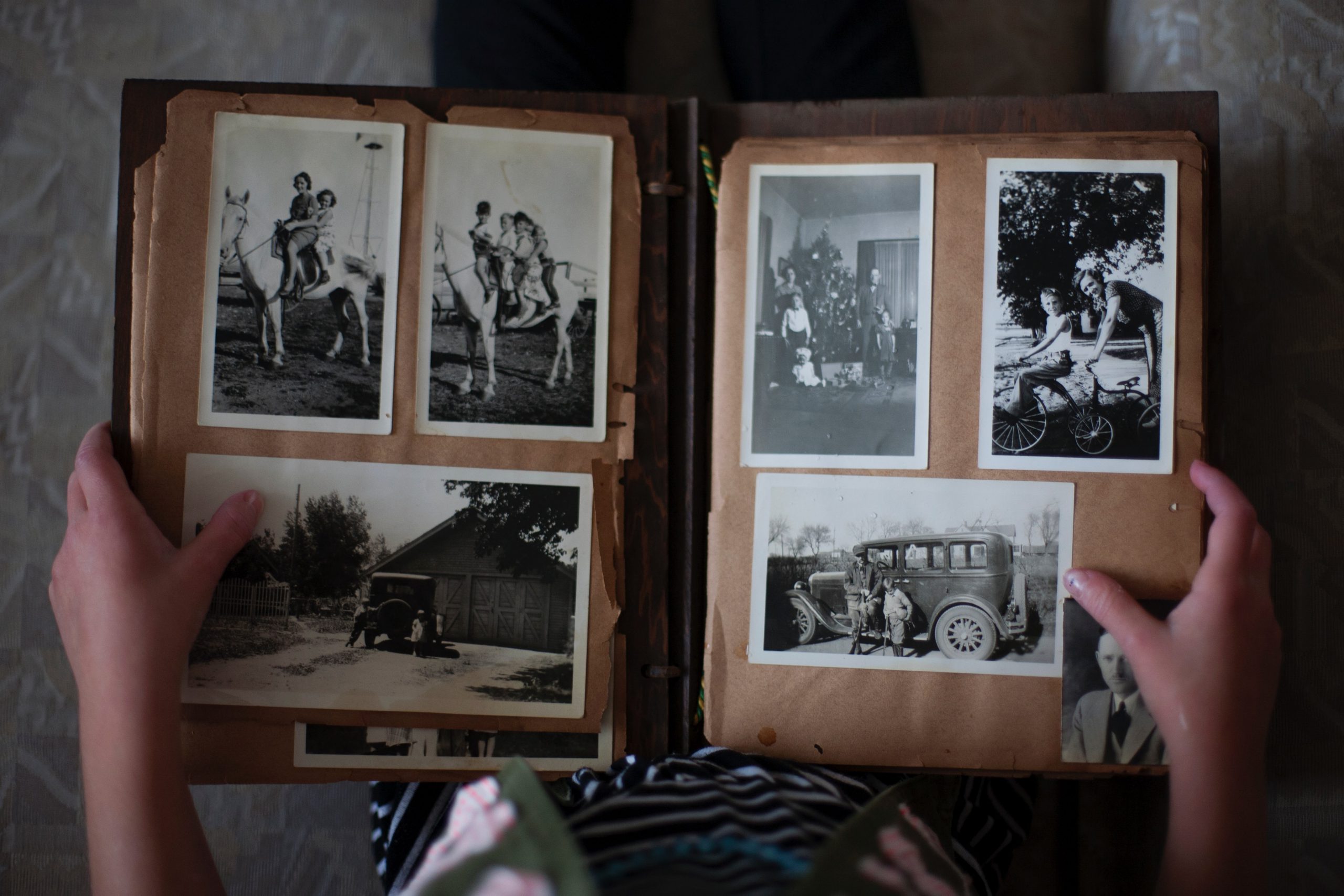Italy has always been the land that many people have dreamed of; its beautiful countryside, gorgeous rolling hills, stunning lakes and beaches, magnificent mountains, exquisite cuisine, and so much more. There are many who would like to explore Italy on a longer term basis but find themselves unable to do so due to the legal restrictions and time limitations imposed on non-European citizens.
Many years ago when Italy realized that its population was declining, the Italian government insightfully put laws into effect that would allow those of Italian descent to reconnect with their homeland. This seemed to be a benefit to all concerned; permitting those with Italian ancestry to apply for Italian citizenship and at the same time giving them the opportunity to take what they had learned abroad and bring it ‘Home’ with them to Italy (though it must be noted that when applying for citizenship by descent relocating to Italy is not required). Even though those Italians who have been born abroad often have never actually been to Italy and experienced the country of their ancestors, so many feel as if it is their homeland and are very familiar with Italy through stories, and anecdotes passed on to them by their parents, grandparents and so on.
To watch the other episodes of The Italian Citizenship Podcast click here
Italian citizenship through Jure Sanguinis
Most people only inherit genes from their parents but some inherit far more. There has been a rise in popularity and coverage in the media outlets such as The Florentine and major television broadcasts discussing how people of Italian descent may be able to get Italian citizenship simply because they were born. Yes, to the Italian government, many people, just because they have ancestors who were born in Italy, are considered Italian from birth through what is referred to as Jure Sanguinis (by right of blood) even if they have never been to Italy or have no intention of relocating to Italy. Of course there are guidelines as to who this applies to but if you are eligible and take the required steps, which includes gathering the appropriate paperwork, the process recognizes you as a citizen since birth. This can be a way to be an Italian citizen. This can also be extended beyond just people with Italian ancestors. It gives the spouses of Italian citizens a path to citizenship or residency permits with the ability to remain in Italy and in the EU with their Italian spouse for as long as they choose without restrictions.
These laws grant people long-term or perhaps even permanent stays in Italy and in the EU who otherwise would encounter restraints and lack of freedom of how long they can choose to spend in the EU. This allows them to take advantage of all the benefits connected to holding a European passport, and truly experience the essence of those stories that they may have heard throughout their lives and now can have their Italian ‘dream’ or experience be fulfilled.
Some of the benefits that Italian citizenship carries include low tuitions for universities in the EU, free health care for Italian citizens residing in the EU, freedom of movement between the EU countries and so on.
Italian citizenship through Marriage
This brings us to the question, how does one acquire Italian citizenship? Do you take a DNA test? Can you just take a flight to Italy and fill out a few forms? The short answer is no. It is a little more involved than that. The process for applying for Italian citizenship through marriage can be much more straightforward than applying through citizenship by descent. When applying for citizenship by descent it is necessary to provide vital records of all major life events from you all the way back through your family line of ascent connecting you back to your Italian descendent who was born in Italy. You need the birth, marriage and death certificates for each ascendant in your direct family line back to Italy. Additionally, some consulates may require non-direct family line documents. Once you have all of the documents, then you will also need correct translations and appropriate certifications. While this may all sound quite daunting if you have to tackle this on your own, it can be extremely helpful to have native Italian speaker who is familiar with the process. This is something that my team at ItalianCitizenshipAssistance.com has years of experience doing and we have a very happy customer base with a high success rate.
Italian Citizenship by Residency
In some situations some people may find that they may not be eligible for Italian citizenship by descent because a naturalization may have taken place making their ancestor a citizen of their country of residence before the birth of their child which would break the “chain” of citizenship. Thankfully though, it is possible for those who have what is considered ‘a broken chain’ to have citizenship by applying for citizenship after 3 years of legal residency in Italy.
1948 cases
There also may be some people who find that they may be ineligible for citizenship simply because their family line went through a female ancestor who gave birth to her child before January 1, 1948. The good news is that people who fall into this category because their ancestor connecting them to Italy is a female actually are in quite a fortunate situation since this process for citizenship is much more direct even than a normal citizenship case is. In Italy before 1948 women didn’t have the same civil rights as men. In January 1,1948, not only did women gain the right to vote but they also gained the ability to pass down citizenship to their children retroactively. Although in the modern era these civil liberties have been challenged. The argument was that women were treated unfairly and these women are now allowed to pass down their citizenship through a court case. While this may sound intimidating, applying for citizenship through a court case is quite straightforward. You do not even have to personally attend any of the hearings for your citizenship case and can remain at home during all of the proceeding instead of having to appear in court in Rome.
If you are interested in starting your journey as an Italian citizen, feel free to contact the team of Italian citizenship experts at ItalianCitizenshipAssistance.com/Contact (info@italiancitizenshipassistance.com – Tel. 1-323-892-0861)







